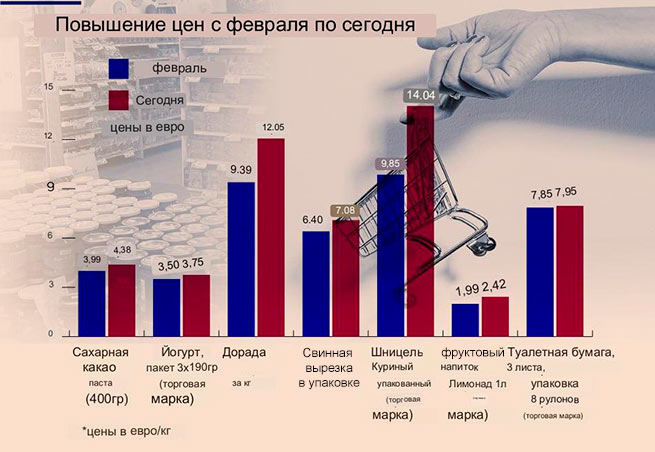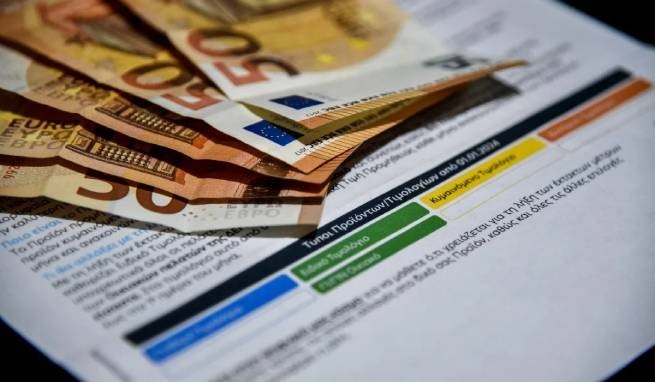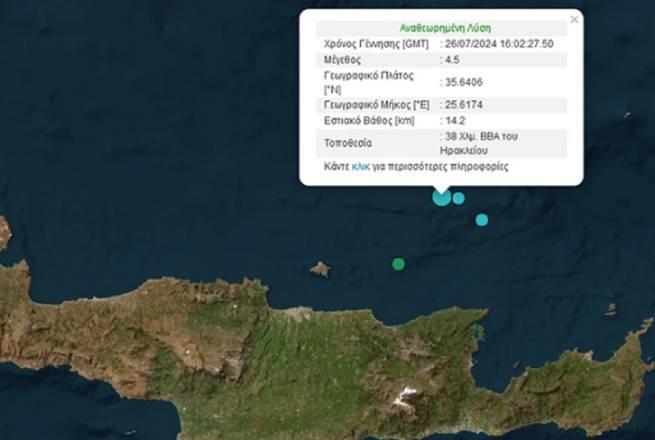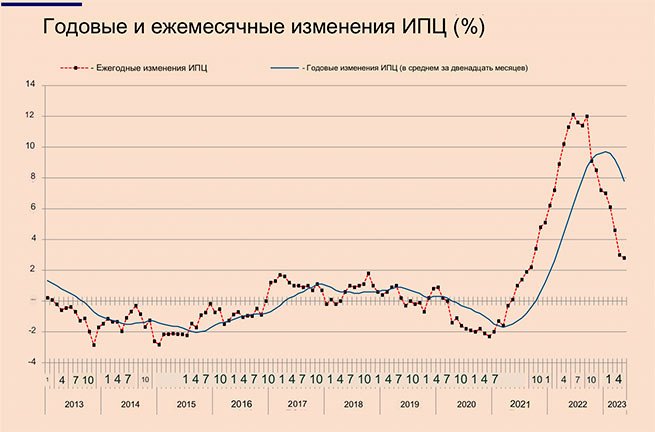The three Mediterranean countries have diametrically opposed models for dealing with high food prices.
In Europe, there are many different think tanks that advise the authorities on how to cope with the price increases that have gripped households and businesses over the past two years. This is a difficult and demanding task for governments as the energy crisis continues and keeps the cost of producing goods and products high.
Consumers in a number of countries on the Old Continent are unable to cope with high prices, forcing them to limit their spending even on food. This is increasingly reflected in the consumption trend in supermarkets, where sales volumes are starting to decline.
Three Mediterranean countries suffering from high inflation adhere to diametrically opposed models of dealing with high prices. Greece, Spain and France have chosen different strategiesto mitigate the effects and take as much of the burden off their citizens as possible.
Double intervention with “Market Pass” and “household basket”
Greece has chosen a policy of subsidies and price containment on the … shelf. Following the “household basket”, which first appeared at the end of last year, the government has tried to keep the prices of basic commodities (mainly food) low. Many have welcomed the measure, especially retailers, but much of the branded goods industry has been highly critical of the avant-garde nature of the measure on anonymous products (so-called private labels).
According to the official data of the Ministry of Development, in the 34th week of the implementation of the measure, out of 1206 goods participating in the program, 44 (3.65%) showed an increase, 25 (2.07%) – a decrease, and 1137 (94.28%) remained stable.
Along with the home basket, the government adopted a market policy, i.e. distribution of the amount among beneficiaries based on income criteria.

Recall that aid amount (market pass) per household was set at 10% of the monthly purchase amount, which is set at EUR 220 for a one-member household, increasing by EUR 100 for each additional household member, with a maximum of EUR 1,000.
That is, the amount that a family with one person receives monthly is 22 euros, a couple – 32 euros, a family with one child – 42 euros and a family with two children – 52 euros. These amounts are tax-free, irrevocable and undistributed.
Everything indicates that the above measures will be continued by the new government, which, through the Prime Minister, raised the issue of combating poverty. It is expected that everything will become clear in the coming days, after reading the policy statements.

Spain abolished VAT on food
With the abolition of the VAT as the main weapon, Spain is fighting against rising prices. The government announced yesterday that it is extending for another six months the abolition of value added tax (VAT) on basic food products due to severe food inflation. Economy Minister Nadia Calvinio said that “the abolition of VAT on a basket of basic products such as bread, fruits and vegetables will be extended until December 31, 2023.”
This extension, intended to support the purchasing power of the Spaniards, which has declined due to the economic consequences of the war in Ukraine, also includes a reduction in VAT from 10% to 5% on butter and pasta, Calvinio explained. The announcements are part of a new anti-inflation package that includes extending public transport subsidies and fuel reimbursements for transport operators and farmers until the end of the year.
No housewife baskets, no gentlemen’s agreements. Only fines
The threat of sanctions was applied French governmentto put out the fire of high prices. French Finance Minister Bruno Lemaire said that the cost of raw materials cannot be reduced, and shelf prices remain unchanged … high, while stressing that he will not tolerate speculation. He also stressed that if the 75 food companies that produce 80% of what the French eat do not keep their promise, he will name them publicly.
Large industrial enterprises and retailers, having learned about the imposition of a special tax to compensate for “unjustified” profits, hastened to announce sharp price cuts on hundreds of products. From pasta and butter to poultry. For example, Carrefour, a food retailer, began cutting prices a few days ago, by an average of 10%, for about 500 products. The price cuts apply to food and hygiene products from 400 brands and 100 private labels.







More Stories
Digital Currencies: Global Control or New Opportunities? What's Behind the Introduction of Digital Money
BRICS + ACEAN: A New Era of World Currencies
How much does a square meter of housing cost in the Cyclades